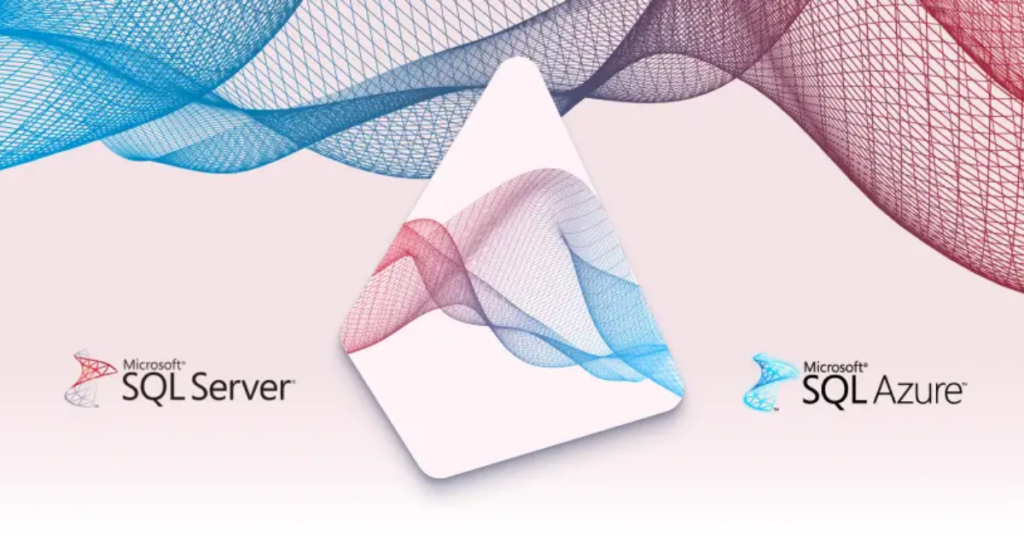In today’s data-driven business landscape, the recent cyber incidents serve as a clear reminder of the risks that exist within our digital ecosystems. The Neiman Marcus data breach, orchestrated through sophisticated Snowflake attacks, has caused significant concern in the business world, prompting executives to urgently reevaluate their cybersecurity strategies. For medium-sized companies, this incident serves as a wake-up call, urging them to take immediate action.
Embracing a Forward-Thinking Approach to Safeguarding Your Business
It’s a fact that every business is vulnerable to cyber threats. The ever-changing digital landscape demands constant vigilance, as security measures that were effective in the past may no longer be sufficient. With the growing shift of companies towards digital platforms, the vulnerability to cyberattacks also increases, providing a wide range of opportunities for malicious individuals. We need to transition from being reactive to being proactive in our approach to cybersecurity.
First and foremost, it is imperative to invest in state-of-the-art security technologies. But here’s the catch—it’s not simply about investing in the newest firewall or intrusion detection system. It’s important to create a comprehensive security architecture that is both flexible and strong. This involves implementing multiple layers of defense, adopting encryption for all data touchpoints, and utilizing AI-powered threat intelligence to proactively address emerging attack methods.
The Importance of Training and Awareness in Cybersecurity
Nevertheless, technology alone is not a magical solution. Our success is deeply intertwined with the people we have on our team, yet they also pose a significant risk to our operations. Employee training is not just a task to complete, but rather an essential part of your security infrastructure. It is crucial to empower your staff to become a strong line of defense against social engineering attempts, phishing scams, and other manipulative tactics that can bypass traditional security measures.
Now, let’s discuss incident response. In the digital age, it is inevitable that organizations will encounter security incidents at some point. An effective incident response strategy is crucial when faced with unexpected events. This is not just about managing the situation—it is about ensuring the smooth operation of the business. A well-structured plan is essential to ensure that everyone understands their roles and responsibilities, communication is efficient, and breaches are effectively contained and mitigated. It is crucial to regularly conduct drills and simulations to ensure that your team can perform effectively in high-pressure situations.
Incorporating Cybersecurity into Business Strategy
However, this is where many businesses often stumble – they fail to recognize that cybersecurity is not just an IT problem, but a critical aspect of running a successful business. It’s time for a new way of thinking. It is crucial to integrate cybersecurity seamlessly into your business strategy, ensuring that everyone from the highest level of leadership is fully committed. This involves allocating resources not only for technology, but also for ongoing risk assessments, evaluations of third-party vendors, and constant improvement of security protocols.
It’s important to also consider the impact on our reputation. In an age where consumer trust is paramount, a data breach can be a death knell for your brand. Proactive security measures aren’t just about protecting data—they’re about safeguarding your company’s reputation and, by extension, its bottom line. Transparency in your security practices can actually become a competitive advantage, demonstrating to clients and partners that you take their data as seriously as they do.
Navigating the Regulatory Landscape: Compliance and Trust
The regulatory landscape is another critical consideration. With data protection laws becoming increasingly stringent, non-compliance isn’t just risky—it’s potentially ruinous. Staying ahead of regulatory requirements isn’t just about avoiding fines; it’s about building a foundation of trust with your stakeholders.
As we navigate this complex digital terrain, it’s clear that a more intentional cybersecurity policy is not just advisable—it’s imperative. This isn’t about fearmongering; it’s about facing the reality of our interconnected business world with clear eyes and a strategic mindset. By prioritising robust security measures, fostering a culture of cyber-awareness, and maintaining a state of constant vigilance, medium-sized businesses can not only protect themselves but also turn cybersecurity into a cornerstone of their value proposition.
In conclusion, the recent high-profile breaches serve as a wake-up call. It’s time to elevate cybersecurity from a technical consideration to a core business function. By doing so, we’re not just protecting data—we’re securing the very future of our enterprises in an increasingly digital world. The choice is clear: adapt and fortify, or risk becoming the next cautionary tale in the ever-evolving saga of cyber threats.




